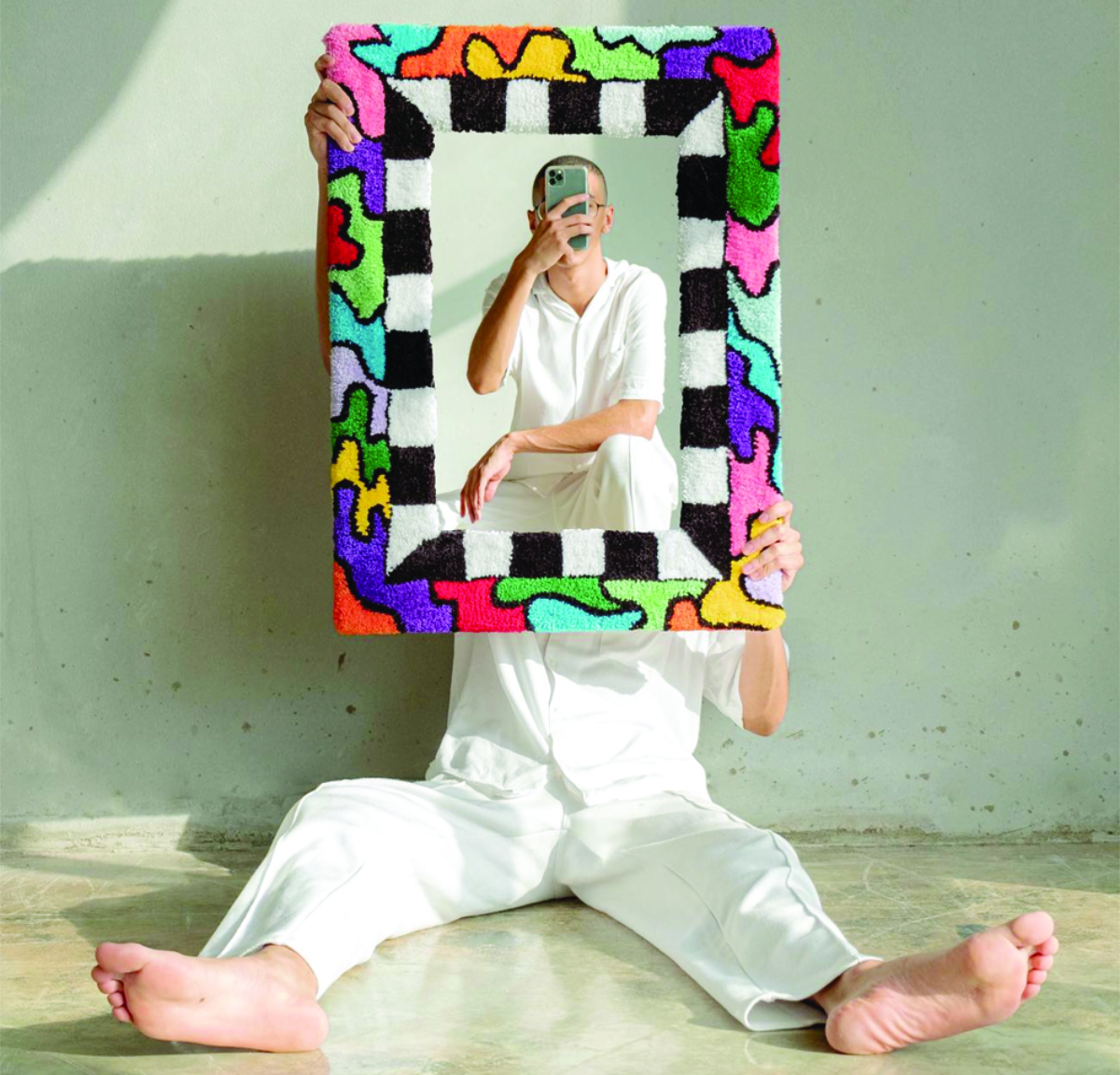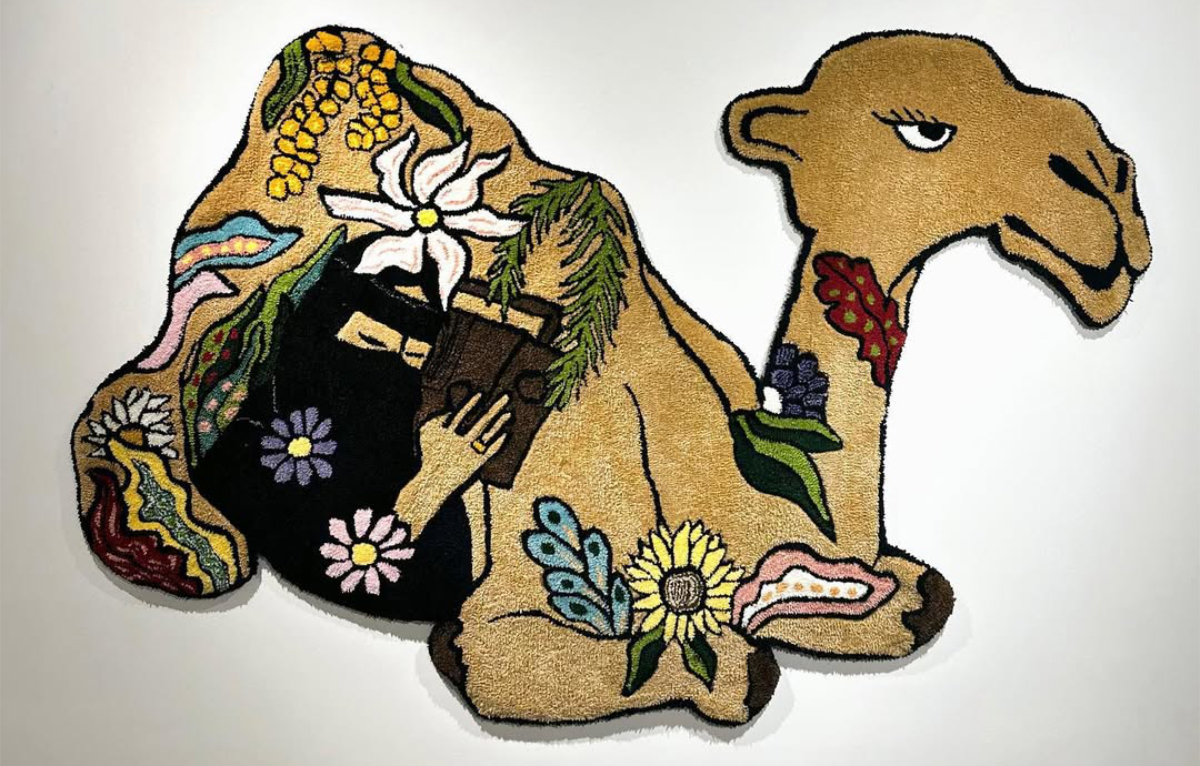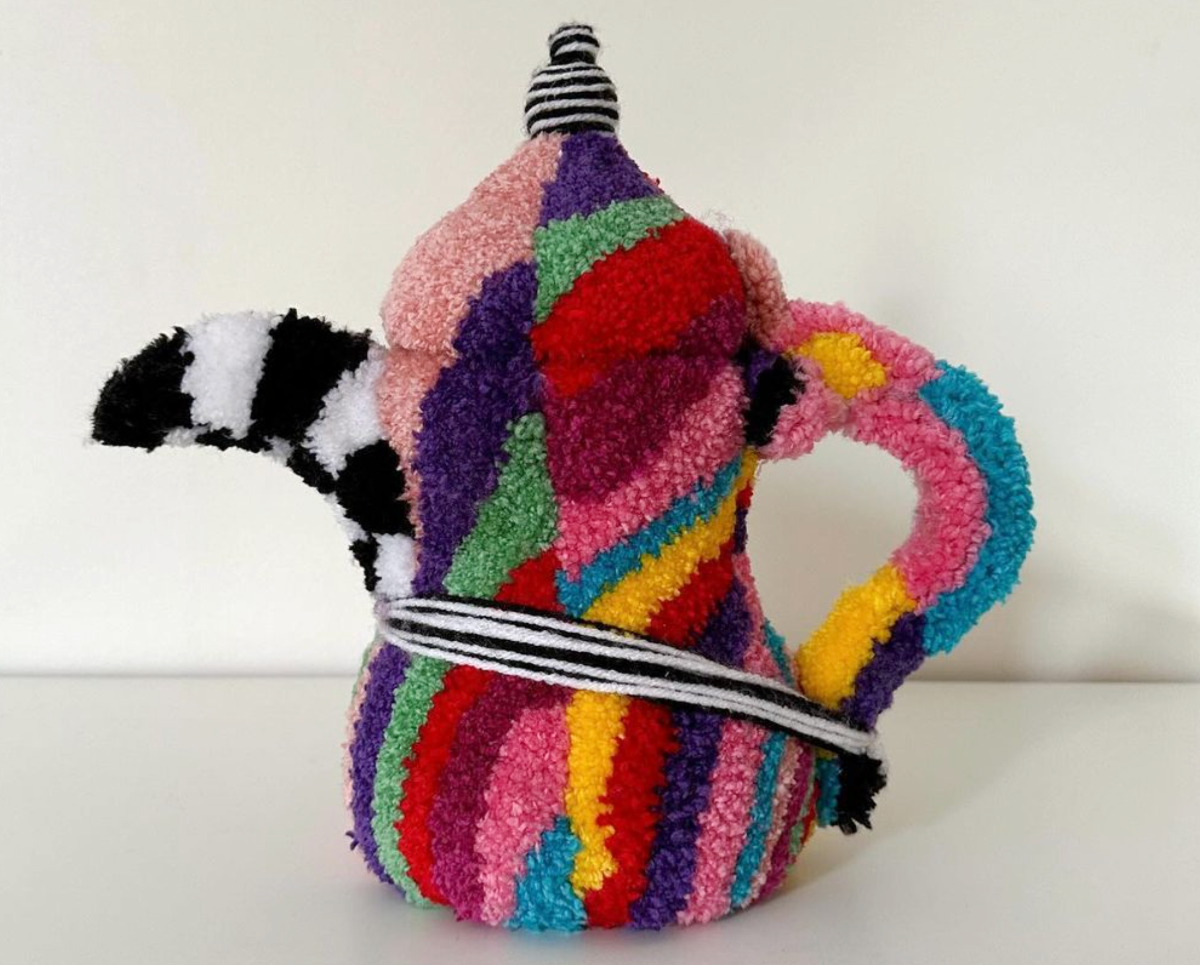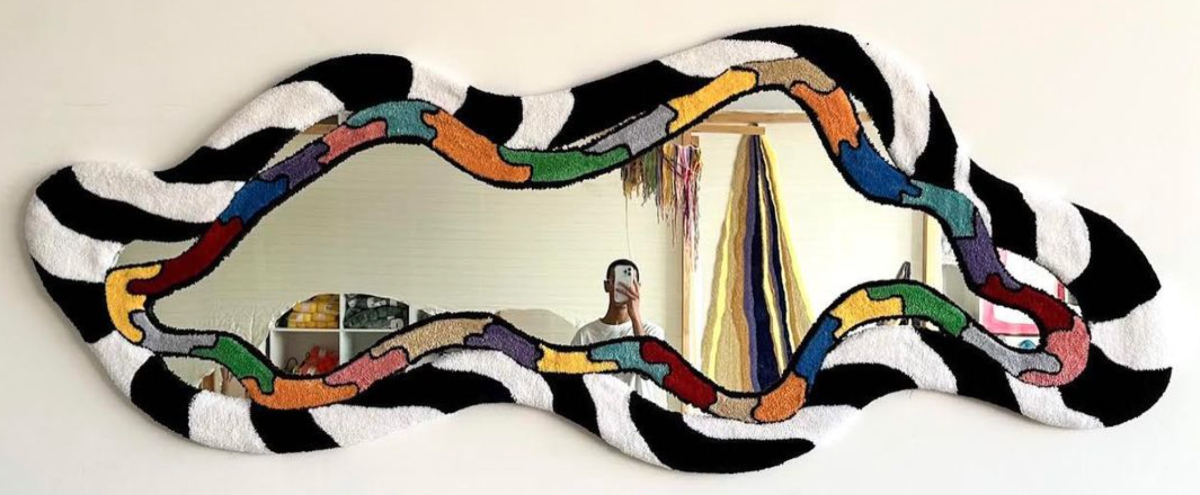RIYADH: Barbara O’Neill, a prominent Australian health lecturer and wellness influencer, journeyed from the Australia to the heart of the Kingdom to host a three-day curated workshop at Huna Takhassusi in Riyadh from Sept. 17-19.
During her first visit to the Kingdom, Arab News spoke exclusively to O’Neill about her workshop and hopes for the future.
“The people in Saudi Arabia are interested in health just as much as everywhere else in the world,” she told Arab News. “A lot of people today are becoming disillusioned with the medical way of treating things. You’ve got a problem, here’s a drug. And my teachings have become quite popular here in Saudi Arabia, in Dubai, in many parts of the world.”
The daughter of an inventor, O’Neill’s father would often turn things inside out to see how they worked. Her family dynamic always encouraged her and her siblings to constantly explore the “why” in everything. Why does this work this way? Why does it not? That key question was how she was able to unlock her potential, first in her own household, then in her unconventional career path.
The 71-year-old has raised six children. When she was 25, her young son had an ear ailment. Her 85-year-old neighbor told her to use an onion poultice, which O’Neill immediately put on her son’s ear. It worked. That simple act inspired her to take the natural route and prioritize organic ingredients to treat daily issues.
In essence, she turned to Mother Nature to guide her and — unless someone required major surgery or was plagued with a very serious health crisis — to try to go to the earth to find what helps. Despite some rumors, O’Neill is adamant that she is not against modern medicine or doctors but prioritizes using natural ways to heal first.
Day one of the workshop was dedicated to carving out a balanced life in the middle of chaos and focusing on hormonal health; day two explored heart health, obesity and diabetes, and day three was an interactive workshop, centering on poultice and natural herbs.
O’Neill first skyrocketed to online fame during the COVID-19 pandemic four years ago, when videos of her lecturing on health and wellness went viral on TikTok and Instagram, amassing hundreds of millions of views.
Her “simple” methods and tips made her a popular choice for those scrolling social media channels during lockdown.
During her Saudi seminars, she brought her life-changing expertise in holistic health and natural therapies directly to the Kingdom. Many knew her from social media.
As Saudi Arabia focuses more on health and wellness, O’Neill’s visit was perfectly timed. The venue, Huna Takhassusi, a hybrid co-working space and community hub, handpicked O’Neill to come and offer her wisdom and support.
Farah Taher, head of events and partnerships at Huna, told Arab News that they were excited to include O’Neill in their programming.
“To see Huna come to fruition and being a part of it from day one, putting pen to paper, construction sites to fully occupied spaces by the community and now spreading to Jeddah and soon AlUla, feels like an ongoing full circle moment,” Taher said. “And what better way to sustain that than with guests like Barbara, who remind us to focus on our health and connecting with nature.”
O’Neill’s journey to Saudi Arabia was spurred by a series of interconnected events. She was hosting a retreat in Thailand in May with her husband when she met consultant Andleeb Wanee, from Dubai. Wanee helped her organize the first Dubai retreat, and, after that wild success, Saudi Arabia came into the picture.
“I always say yes. It’s very difficult for me to say no — but I was happy to,” O’Neill told Arab News, reflecting on how she came to be in Saudi Arabia.
In her Riyadh talks, she addressed the importance of sunshine and its impact on health, an area particularly relevant to the Saudi context.
“The sunshine is very important,” she said, highlighting historical vitamin D deficiencies in the Kingdom. Equally important is sleep, rest, exercise and consuming enough fresh water. She reminded the packed-house at Huna to split their day well: To have eight hours of work, eight hours of play and eight hours of rest.
O’Neill also explored practical advice for dealing with modern lifestyle challenges, such as burnout and sleep issues exacerbated by excessive use of digital devices, that she said “light up like Christmas lights.
“The blue light that the device gives off is a different frequency to the blue light of the sunlight,” she added. This insight is particularly pertinent in today’s tech-driven world, where balancing screen time with natural light is crucial for maintaining health.
Perhaps O’Neill’s most unpopular move was urging the audience not to drink coffee, for its addictive nature and how it disturbs the body’s natural rhythm.
But she won the audience back when she mentioned Saudi dates and how useful the fruit is as a natural sweetener.
O’Neill’s work underscores the importance of preventive health measures and the integration of local knowledge, making her contributions valuable to audiences across the globe.
“My program’s very tight. I am booked out a year ahead, and so it was not easy to find a spot (for the Saudi workshop), but we found a spot. If there was a will, there’s a way,” she said.
A key theme of O’Neill’s workshop was the role of conventional medicine compared to natural health approaches. She highlighted the limitations of current medical practices, noting that despite advances, heart disease remains the world’s leading cause of death.
“The number one killer in the world today is heart disease, and it just alarms me that it’s still the number one killer 40 years later. In other words, what medicine is doing to combat this really isn’t working. It’s almost Band-Aid stuff,” she said.
O’Neill also spoke about the crucial role of prevention and lifestyle changes in combating health issues.
“I usually start by saying, everyone that has a heart should be here — what’s the old saying? “An ounce of prevention is worth a pound of cure’,” she added.
Another focus of O’Neill’s workshop was addressing burnout and the importance of a balanced lifestyle. She shared her personal routine and principles, saying: “I found a formula — it’s the sustainment principles. No matter where I am, I eat very well, I drink a lot of water and I keep to the routine no matter where I am.”
Her career trajectory began with a focus on natural health for her own family, and has grown into a thriving platform for educating others. Her personal experiences with natural remedies and health practices laid the foundation for her professional journey.
Her latest book, “Sustain Me,” emerged from her extensive knowledge and practical experiences. O’Neill unknowingly created the book through notes upon notes because individuals kept asking for her advice and tips.
“People email me and say ‘what can I do for osteoporosis?’ So, then I’d write things. And then I thought one day, instead of reinventing the wheel, I’ll just go to my notes section.”
The book was born.
It compiles practical advice on various health issues, aiming to be a resource for everyday use. It was on sale during her session at Huna.
O’Neill’s visit to Saudi Arabia also included a discussion on natural remedies native to the region. “I was given some dried lime yesterday, and I hear that you can pour boiling water on it, so I’m eager to try that,” she said.


































